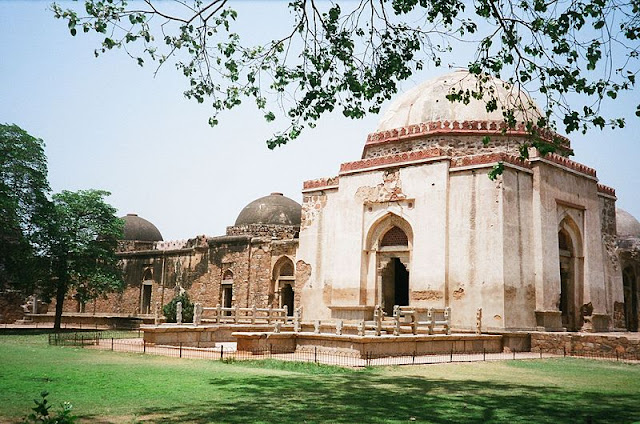Firuz Shah Tughlaq (1309 – 1388 CE) was the third ruler of the Tughlaq dynasty of the famed Delhi Sultanate. He succeeded to the throne in 1351 after the demise of his cousin Muhammad-bin-Tughlaq who had become second Tughlaq sultan in 1325 AD. During his rule of 37 years, Firuz tried to bring a semblance of prosperity to his empire which had fallen into confusion and chaos during the rule of his predecessor due to the latter’s eccentric policies.
The early six years of his reign are documented in the Tarikh-i-Firuz Shahi, a contemporary account by medieval historian Ziauddin Barani. Another contemporary chronicle, also known as Tarikh-i-Firuz Shahi, written by Shams Siraj Afif, gives a detailed account of his reign.
He is credited with the founding of the cities of Jaunpur in 1359 (Uttar Pradesh), Hissar and Fatehabad (Haryana), Firozpur (Punjab). Jaunpur was named after Muhammad bin Tughluq who was known by the name of Juna Khan before his accession to the throne. Firozabad, the fifth city of Delhi, was also built by Feroz Shah Tughlaq. However, only the fortress and its crumbling remains in the forms of Jama Masjid (Friday mosque), a baoli (step-well), and a palace topped by a polished sandstone Ashoka Pillar brought by the Sultan from Ambala are found.
When the forth storey of Qutab Minar in Delhi was struck by lightning in 1370, Firoz replaced it with two more storeys,
Firuz Shah Tughlaq was a religious bigot and this prevented him from being just to his non–Muslim subjects by imposing Jizya tax on them.
He had prohibited Muslim women from worshipping the graves of saints.
He is known to have as many as 180,000 slaves. According to Shams Siraj Afif, their rise brought disaster to the Tughlaqs. They annihilated Firuz's sons and played roles in destroying the Tughlaq dynasty. Firuz's eunuch named Malik Sarwar founded the Sharqi dynasty of Jaunpur.
Firuz died in 1388, aged eighty-two.

Comments
Post a Comment